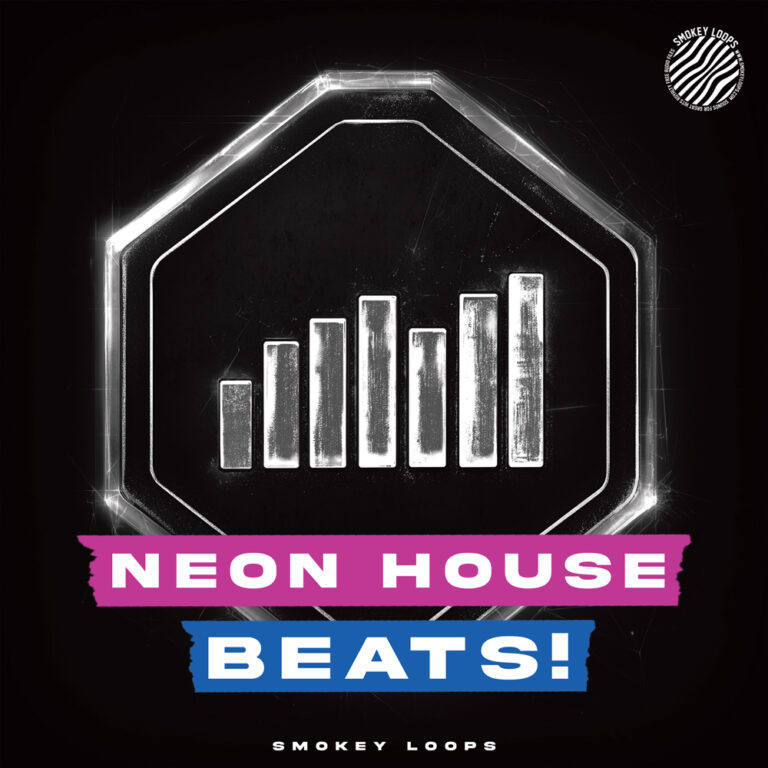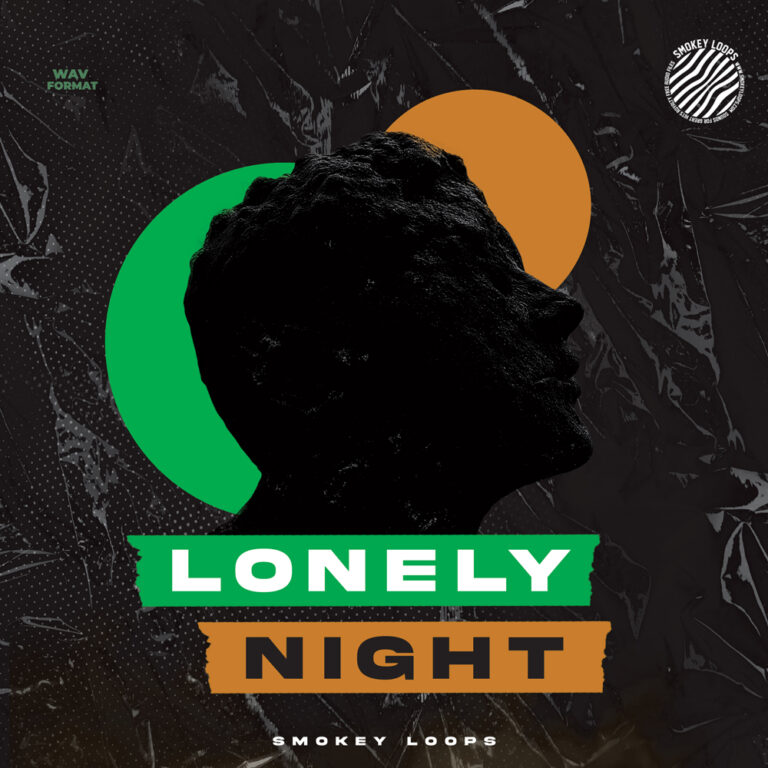AI in Music Industry
Artificial intelligence (AI) has begun to play a significant role in the music industry, leading to both new opportunities and challenges for musicians, music producers, and industry professionals.
One key area in which AI is being used in the music industry is in the creation and production of music. AI-powered music composition software and algorithms can be used to generate new songs, melodies, and beats, leading to increased efficiency and creativity in the music production process. Additionally, AI can be used to analyze music to identify patterns and trends, which can be used to inform the production and promotion of music.
Another area in which AI is impacting the music industry is in the realm of music streaming and recommendations. AI-powered algorithms can be used to analyze listener data and recommend songs that are likely to be of interest to a particular listener, leading to a more personalized listening experience. This can also help to increase the visibility and reach of lesser-known artists, who may not have had the same opportunities for exposure in the past.
However, there are also challenges that come with the use of AI in the music industry. One concern is that the use of AI in music production and promotion may lead to a homogenization of music, as AI-generated music may begin to sound similar. Additionally, there are concerns that the use of AI in music streaming and recommendations may lead to a decreased diversity of music as listeners are only exposed to music that is similar to what they have previously listened to.
Overall, the use of AI in the music industry is leading to both new opportunities and challenges. As the technology continues to evolve, it will be important for the music industry to find ways to harness the benefits of AI while addressing and mitigating potential negative impacts.
Key Points:
- AI is being used in music creation and production
- AI is being used in music streaming and recommendations
- AI has potential to increase efficiency and creativity in music production
- AI has potential to increase visibility of lesser-known artists
- AI has potential to homogenize music
- AI has potential to decrease music diversity
ere is a list of some popular VSTs (Virtual Studio Technology) and software that are being used in the music industry for AI-assisted music composition and production:
- Amper Music: A software that uses AI to compose original music in a variety of genres.
- AIVA (Artificial Intelligence Virtual Artist): A software that uses AI to compose original music in a variety of styles and genres.
- Jukedeck: A software that uses AI to compose original music and soundtracks for videos and other media.
- Melodrive: A software that uses AI to compose original music and generate new melodies and chord progressions.
- Amaze: A software that uses AI to compose original music and generate new beats and rhythm patterns.
- Flow Machines: A software that uses AI to compose original music and generate new melodies, chord progressions, and beats.
- MuseNet: An open-source AI-powered music generation software from OpenAI, that can compose music in various styles and genres.
Additionally, there are a number of AI-powered VSTs that can be used to analyze and manipulate audio in various ways:
- Izotope Neutron: An advanced mixing and mastering software that uses AI to analyze audio and suggest processing and effects.
- Melodyne: A software that uses AI to analyze audio and manipulate pitch and timing of individual notes in a recording.
- Landr: An online mastering service that uses AI to analyze audio and automatically generate mastered versions of tracks.
In conclusion, Artificial Intelligence (AI) is rapidly becoming an integral part of the music industry. It is being used in various ways, such as music composition, production, streaming, and recommendation. The use of AI in music creation and production has the potential to increase efficiency and creativity, and also to increase the visibility and reach of lesser-known artists. However, there are also challenges that come with the use of AI in the music industry, such as the potential homogenization of music and the decreased diversity of music.
As the technology continues to evolve, it’s essential for the music industry to find ways to harness the benefits of AI while addressing and mitigating potential negative impacts. This can be achieved by embracing the use of AI in a responsible and thoughtful manner, and by supporting the development of new software and VSTs that can help to push the boundaries of what is possible in music production and composition.



